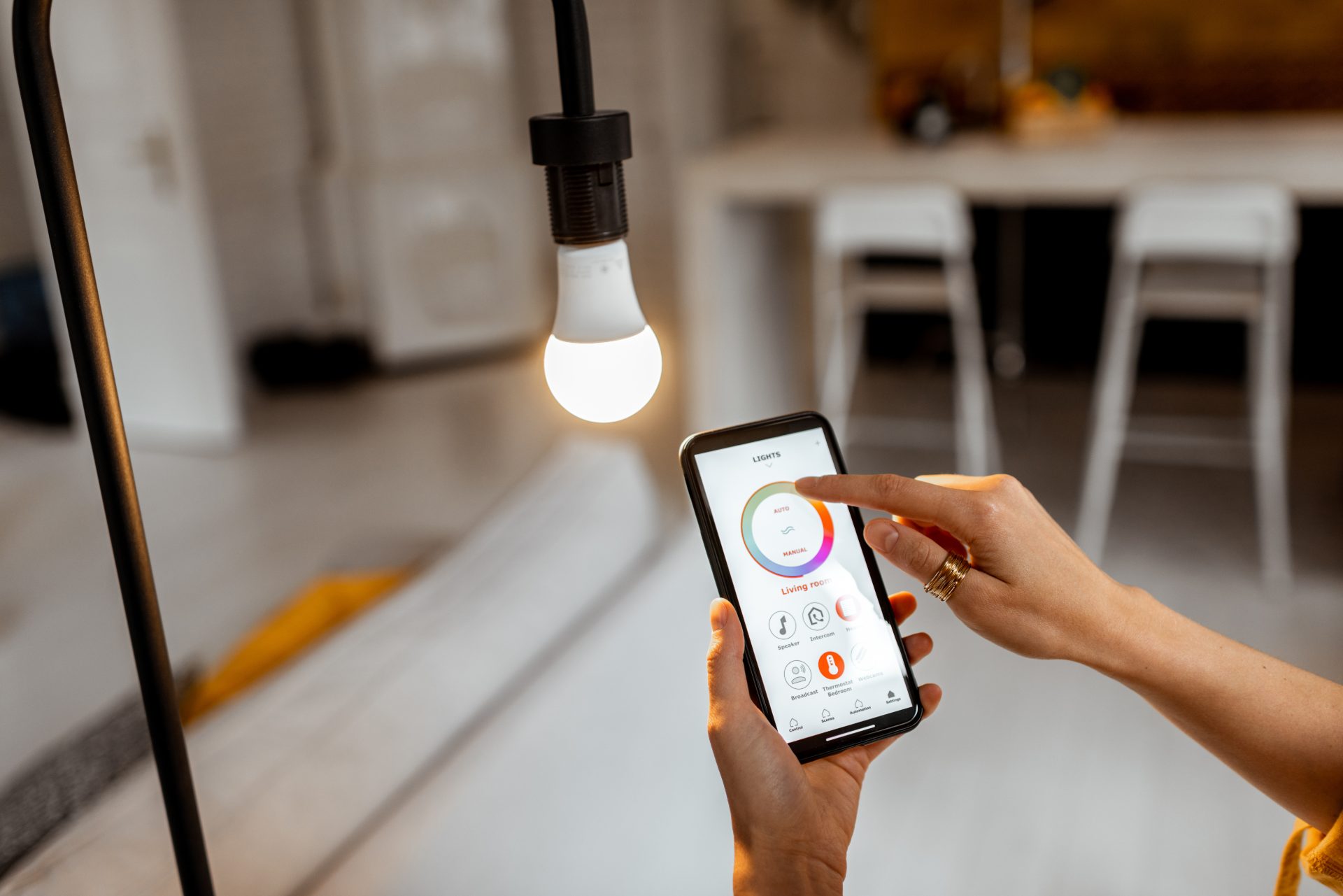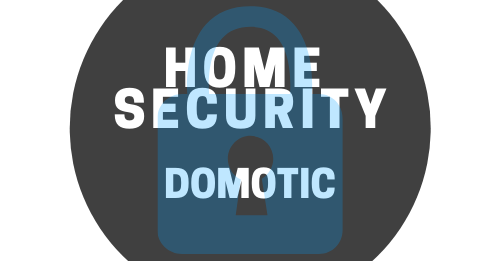What Is Home Automation

What Is Home Automation
Home automation refers to all the techniques aiming at integrating with the home all the automatisms in terms of security, energy management, communication, etc. It provides functions related to comfort, energy management and security of the home. We can also say that home automation gathers technologies in electronics, information and telecommunications intended to make your home intelligent.
What is home automation?
Home automation is a term commonly used today, even if it is still far from being developed in all homes. Home automation appeared in the mid-1970s to automate the home. At that time, it was already possible to control the opening and closing of shutters, electric gates, heating and lighting, for example, using a computer.
It is indeed easy today to control the devices of your house, such as lighting, heating, electronic devices, the door lock, the surveillance camera, etc., via an interface such as a smartphone, computer, tablet or alarm system. With the development of new technologies in recent years, home automation, which is based on the application of electronics and computers in domestic life through the presence of connected objects, is also growing. Home automation allows automating specific tasks and making certain devices in the house communicate.
Home automation makes daily life easier
The main objective of home automation is to make your home intelligent by automating and controlling your electrical appliances remotely. Home automation translates into numerous uses in the home according to pre-established scenarios chosen by the occupants. On the one hand, this technique allows you to improve your daily life easily: you can control many actions simultaneously and not in successive phases. On the other hand, it promotes energy management and allows significant savings.
Optimization of heating, air conditioning and electricity

Home automation allows, among other things, to save energy (up to 30%) thanks to intelligent management of their consumption inside a home. In a smart home, the system implemented involves, for example, installing non-energy-consuming light bulbs, such as LED bulbs, directly controlled by an interface. Home automation allows one to turn on the heating or the lighting of an entrance just before the inhabitants arrive. Other systems have the possibility, once programmed, to turn off rooms that are left on after the occupants have left. For air-conditioned houses, home automation is the best way to turn on, or on the contrary to lower, the cooling system of a house according to the outside temperature, for example.
Automation of electrical appliances
Comfort is the main field of application of home automation. In a smart home, you can easily control your electrical appliances by programming them in advance. You can remotely control your gate, shutters, curtains, refrigerator, television, or even the watering of your garden.
Management of domestic risks
Home automation also offers the possibility to reduce risks in the house as much as possible. For example, it can integrate smoke detectors capable of alerting you, commanding the shutdown of the house’s electrical system or triggering your home’s alarm. In the same way, a connected house can be equipped with flood detectors.
Home monitoring is also an integral part of these intelligent systems.
Future applications of home automation
Home automation is constantly evolving according to the progress of new technologies on the one hand and changes in society on the other. The aging of the population, for example, will influence the smart home and allow more and more older adults to stay at home. It will include, for example, monitoring and alarm systems in case of a fall.
In the future, home automation will provide the maximum techniques to manage the house as much as possible. It will be able to open the windows if ventilation is needed. The ultra-connected house will be able to wake up the inhabitants of the house at the best time according to their own sleep rhythm and, of course, to switch on the coffee maker, the kettle, the lighting or the music. Other applications will suggest dressing according to the weather and the outside temperature. Home automation will further facilitate domestic tasks by activating the robot vacuum cleaner or lawnmower.
Many other areas, such as food, health or even leisure activities at home, will be managed by home automation in the future for the greater comfort and safety of occupants.
